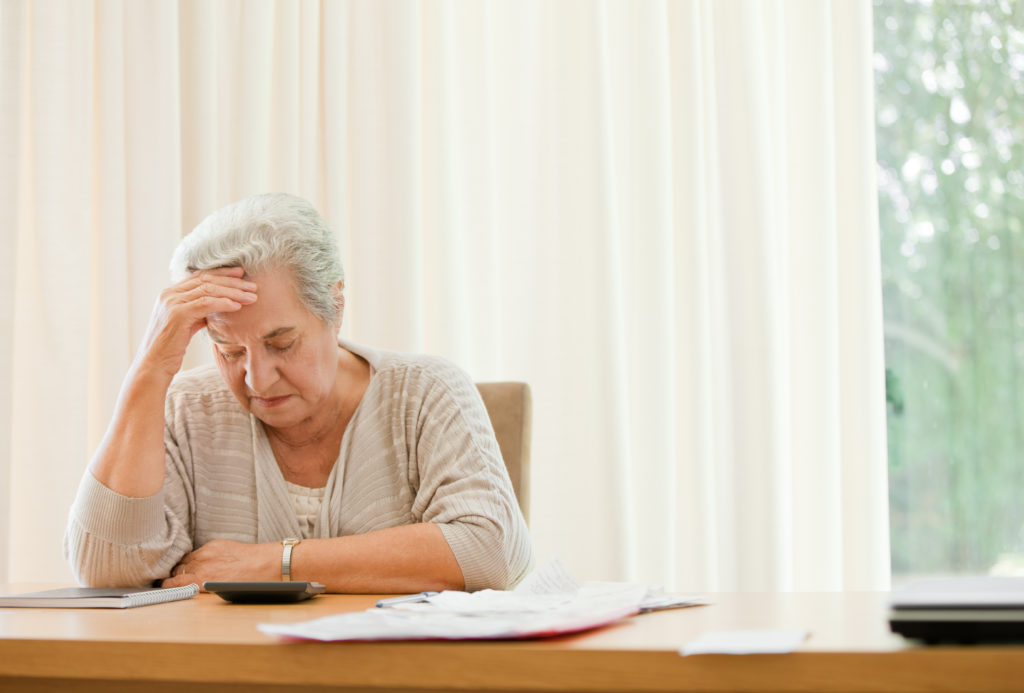How single seniors can plan for retirement
Diane is worried about the prospect of retiring on her own especially given her limited ability to save
Advertisement
Diane is worried about the prospect of retiring on her own especially given her limited ability to save

READ: Single retirees: The power of oneThe good thing about having what you refer to as a “small” income is that your expenses are likely similarly small. Lower expenses require less of a nest egg to comfortably retire as a result. Hopefully your divorce has been finalized fairly with any equalization and support obligations being resolved. Did you ensure your Canada Pension Plan (CPP) retirement pensions were split? Service Canada has a CPP Credit Split form (ISP1901) to split contributions made by spouses during their relationship. Especially if your income was lower than your partner’s income, pension splitting would likely increase your CPP pension entitlement in retirement, Diane. Ask a Planner: Leave your question for Jason Heath » Until the end of 2018, a CPP retirement pension is meant to replace one-quarter of your average annual earnings, up to a maximum that is meant to represent a typical industrial wage (the Year’s Maximum Pensionable Earnings or YMPE – currently $55,900). Starting in 2019, the CPP is changing to target replacement of one-third of the YMPE for future pension contributions. The average CPP retirement pension is currently only $8,077 per year, but that’s because not everyone qualifies for the maximum pension of $13,610 per year at age 65 based on their past contributions. Old Age Security (OAS) currently pays a maximum of $7,210 at age 65, Diane. And if your income is quite low after 65, you may also qualify for the Guaranteed Income Supplement (GIS) or other benefits.
MORE: Drawing down retirement savings as a single seniorOf note is that the amounts above are in today’s dollars. So, when you start to collect these pensions over the next 10-20 years, Diane, they will be higher. You can start CPP as early as age 60 or as late as age 70, and OAS as early as 65 or as late as 70. Both pensions will be higher if you defer them, and for a single retiree, it may be that much more compelling a consideration. If you have a long retirement to fund on you own, the higher monthly pension payments from a deferred CPP or OAS pension may be beneficial, Diane. If your income is low, you may also be that much better off doing your saving in a Tax Free Savings Account (TFSA) instead of a Registered Retirement Savings Plan (RRSP). Contributing to an RRSP when you’re in a low tax bracket with a low income may be counterproductive if your withdrawals may be taxed at a higher rate, especially if your RRSP withdrawals could cause a clawback of government benefits like GIS in retirement. An exception, Diane, may be if you have a matching contribution for your RRSP or a similar tax-sheltered retirement account like a Defined Contribution (DC) pension at work. That’s free money that is probably better for you than a TFSA for future savings. You mention you own your home, so utilizing that home equity may ultimately play into your retirement funding. You may need to consider or plan to sell and rent, to downsize, or to somehow borrowing against the home equity for some or all of your retirement.
READ: How seniors can use TFSAs to have more in retirementFor a single person saving for retirement, if you have a 5+ year time horizon before you need withdrawals from your portfolio, and especially if it’s 10+ years, you should consider as high an exposure to risky assets like stocks as you can stomach. This is because you need that much more savings and inflation protection than one member of a couple might need as they plan for retirement. Fixed income, especially traditional bond investments, are going to provide that much lower a long-term return over the next 30 years as compared to the past 30 years. The Canadian bond market has returned over 7% over the past 30 years and it seems very unlikely we will see the same going forward in a 3-4% interest rate environment, especially net of investment fees or costs. Single people approaching retirement always have the unknown of whether they might meet someone and combine finances at some point before or after retirement, Diane. Obviously, that’s a risky scenario to count on and single people should probably plan to retire solo to be safe. If you meet someone and your costs and required retirement income go down, that’s just a bonus. Ask a Planner: Leave your question for Jason Heath » Jason Heath is a fee-only, advice-only Certified Financial Planner (CFP) at Objective Financial Partners Inc. in Toronto, Ontario. He does not sell any financial products whatsoever.
Share this article Share on Facebook Share on Twitter Share on Linkedin Share on Reddit Share on Email
I’m 73 year old female single senior on small income. I own my small house. Would it be better for me to rent an apartment and rent out the house using the rental income to pay for apartment rental?
Due to the large volume of comments we receive, we regret that we are unable to respond directly to each one. We invite you to email your question to [email protected], where it will be considered for a future response by one of our expert columnists. For personal advice, we suggest consulting with your financial institution or a qualified advisor.